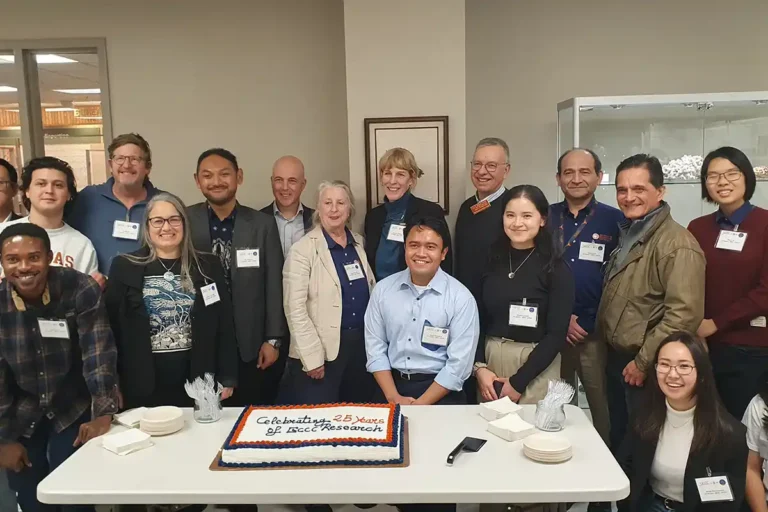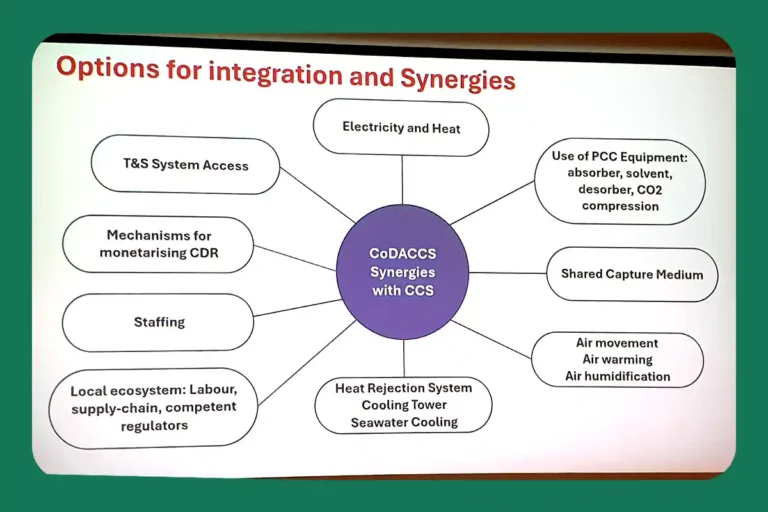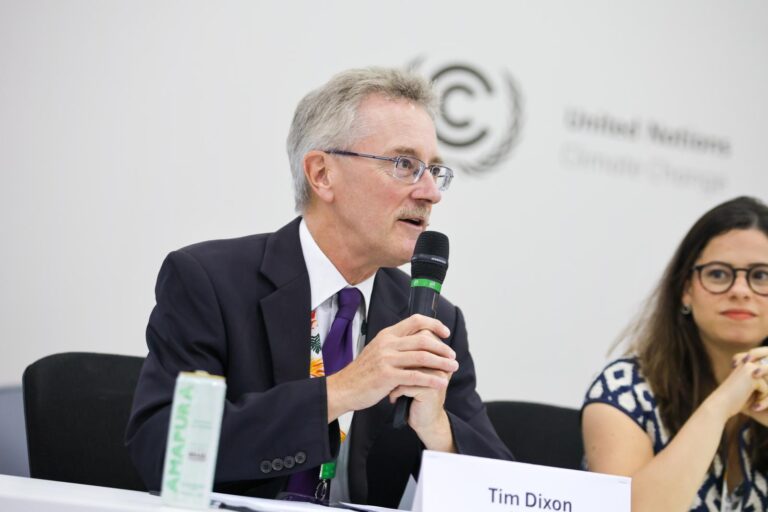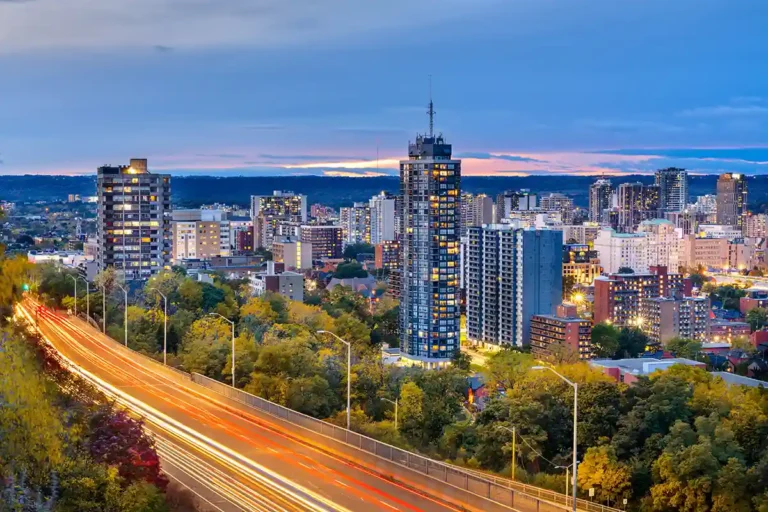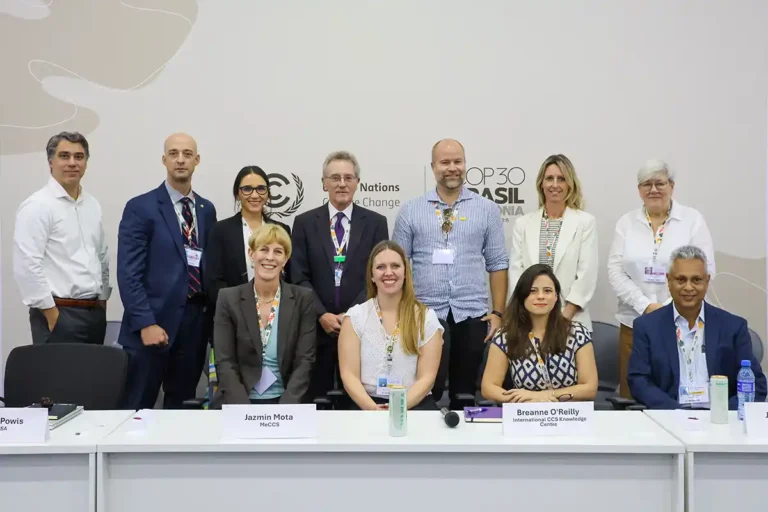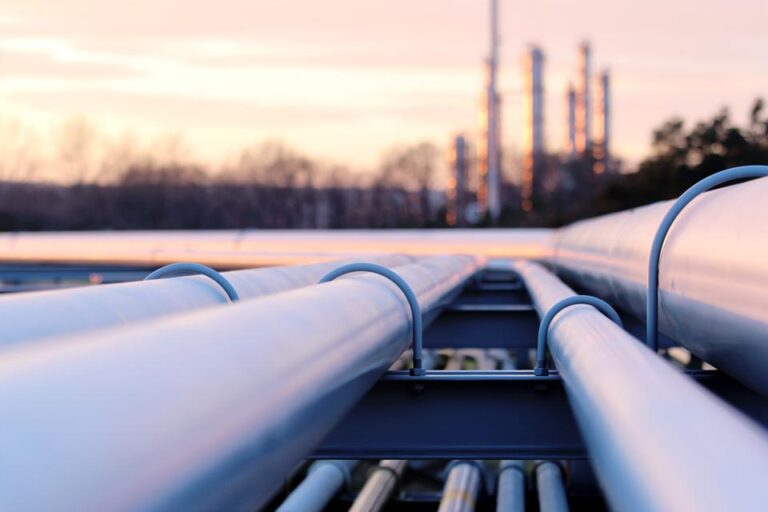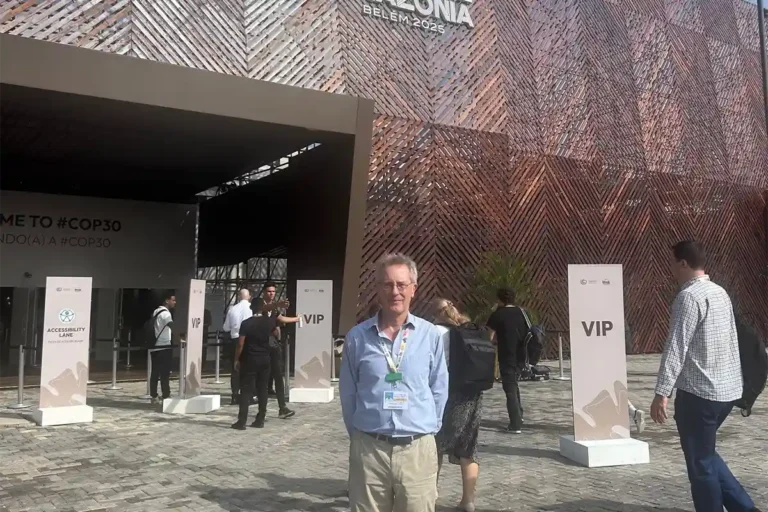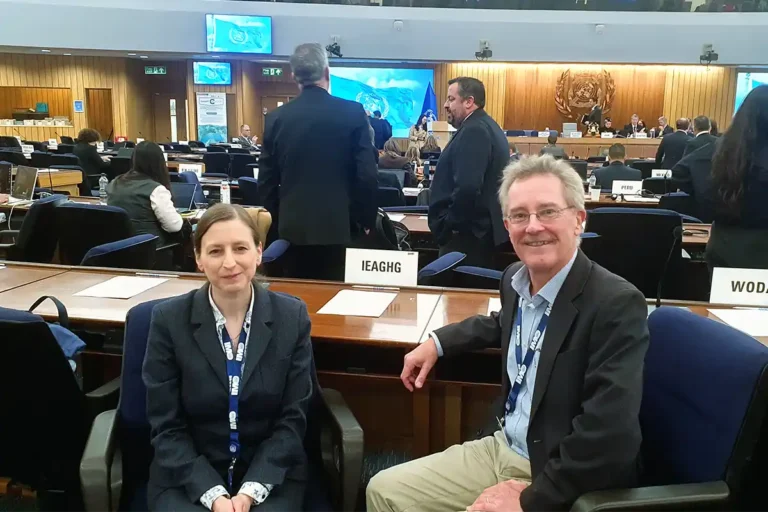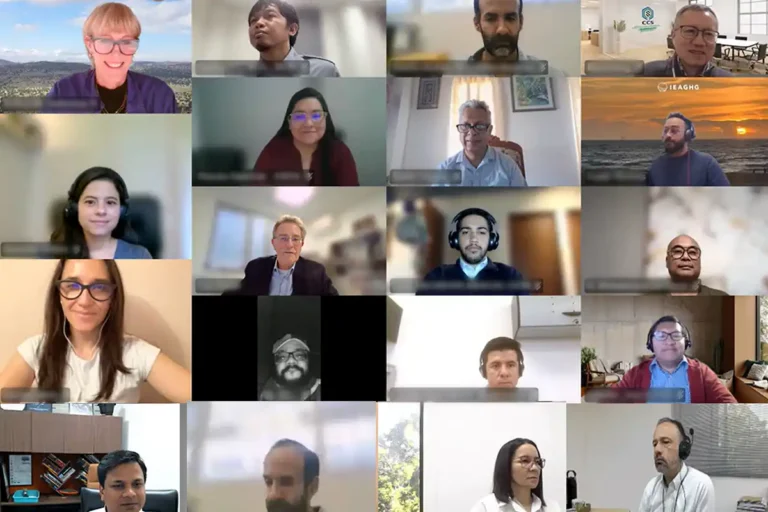
Reflections from PCCC-8 in Marseille
23 September 2025
With over 230 delegates from 23 countries, 115 technical presentations, and six sponsors, PCCC-8 marked the largest Post-Combustion Capture Conference to date in both scale and scope.
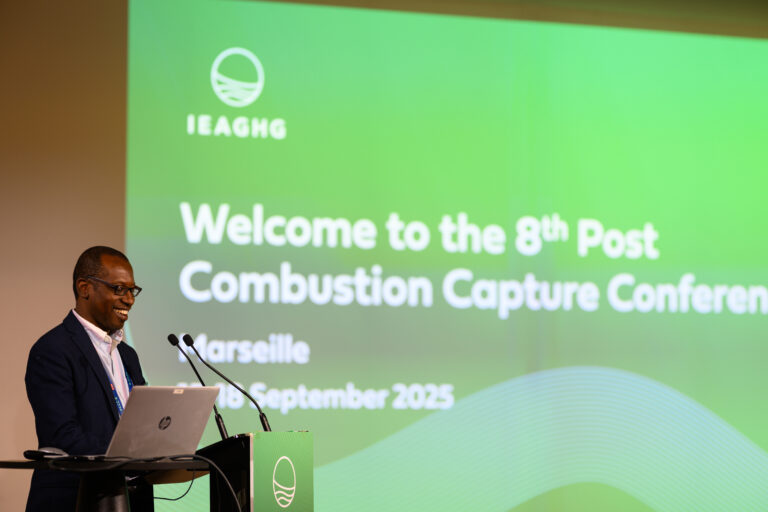
The 8th Post-Combustion Capture Conference (PCCC-8) took place in Marseille, France, from 16–18 September 2025. A historic Mediterranean port city renowned for its cultural vibrancy and coastal charm, Marseille provided an ideal setting for international experts to share the latest research and developments in post-combustion carbon capture.
The conference started off with a welcome reception on a rooftop garden terrace, providing an atmospheric and relaxed setting for delegates to reconnect in an informal environment, setting the tone for the days ahead.

City of Marseille.
Day One
Day One opened with welcoming remarks from Keith Burnard (IEAGHG), who highlighted the remarkable growth of the conference. With over 230 delegates from 23 countries, 115 technical presentations, and six sponsors, PCCC-8 marked the largest Post-Combustion Capture Conference to date in both scale and scope. The second keynote talk was delivered by Philip Llewellyn on behalf of the co-hosts (TotalEnergies) where he encapsulated the history and charm of Marseille. Philip also offered insights into TotalEnergies CCUS endeavours, emphasising the company’s technology-agnostic approach to carbon capture and he closed his talk with a reminder, captured in a quote from George Bernard Shaw: “Progress is impossible without change, and those who cannot change their minds cannot change anything.” Eadbhard Pernot (Zero Emissions Platform) delivered the final keynote of the day. Eadbhard highlighted the European Union’s CCS strategy and noted that “Processes for CO2 capture and CO2 storage already exist as established industrial practices in some sectors …” and added that major technology improvements in the efficiency of future plants and reductions in CO2 capture costs are expected in the near future.

Opening speech by Keith Burnard (IEAGHG).
Day Two
The Plenary session on the second day was chaired by Stéphane Jouenne (TotalEnergies). Takashi Kamijo (MHI) opened with an overview of MHI’s leadership in post-combustion capture and ongoing work to advance projects toward commercialisation. Gary Rochelle (University of Texas at Austin) followed with a keynote on amine oxidation, outlining what is known and unknown and also noted the good progress achieved in understanding and managing amine oxidation, however, there is still more work to be done. Manuel Jacques (Technip Energies/Shell Carbon Capture Alliance) concluded the session with reflections on market realities, emphasising that bankable projects require robust business cases, mitigation construction risks, and delivery on expected performance targets.
Day two concluded with a conference dinner generously sponsored by TotalEnergies at the historic Palais de la Bourse, a grand Marseille landmark that provided a magnificent setting for fine dining and networking. The evening later metamorphosed to a fun night of music and dancing, giving delegates a chance to relax and enjoy some light-hearted moments.

Conference dinner at the Palais de la Bourse, Marseille.

Conference dinner at the Palais de la Bourse, Marseille.
Day Three
The final day, chaired by Abdul’Aziz Aliyu (IEAGHG). The first speaker, Eric Meuleman (ION Clean Energy) addressed the rising energy demand from AI and data centres, positioning CCS-equipped gas turbines as a reliable near-term solution capable of achieving carbon intensities comparable to renewables. Hanna Knuutila (NTNU) presented Closing the Nitrogen Balance, sharing progress from CESAR1 solvent studies where over 40 degradation compounds have been identified over the last decade. This work has significantly advanced understanding of solvent degradation pathways, though she emphasised that R&D is critical to continue, particularly for emerging solvent technologies. The final keynote was given by Romain Roux (Axens), who presented on the industrial demonstration of DMXTM; Axens technology for post-combustion CO2 capture, highlighting its performance, operability, and readiness for commercial deployment, as well as Axens’ ability to deliver fully integrated solutions across the CCUS chain.
Closing Plenary
The closing plenary brought the themes of the conference together. Gary Rochelle delivered a passionate reflection on the importance of collaboration between researchers, industry, and policymakers to accelerate innovation and overcome technical and societal barriers. Jon Gibbins reflected on two decades of CCS development, noting that many ambitions voiced twenty years ago still resonate today and stressing the urgency of turning insights into deployment.
Together, their remarks captured the collaborative ethos of PCCC-8 and the pressing need for action.

Cross section of delegates.
Final Thoughts
The success of PCCC-8 in Marseille reflects the continued growth of post-combustion capture research on the pathway to large-scale deployment.
Sincere thanks go to the conference host, TotalEnergies, and conference sponsors: Technip Energies/Shell, MHI, Honeywell, Axens, and ION Clean Energy. Their support was instrumental in making the event a success.
The conference report will be available on the IEAGHG website in the coming months. Please keep an eye on our website and social channels for updates.
We look forward to welcoming you to the next PCCC. For now, merci et au revoir from Marseille.
Other articles you might be interested in
Get the latest CCS news and insights
Get essential news and updates from the CCS sector and the IEAGHG by email.
Can't find what you are looking for?
Whatever you would like to know, our dedicated team of experts is here to help you. Just drop us an email and we will get back to you as soon as we can.
Contact Us Now

